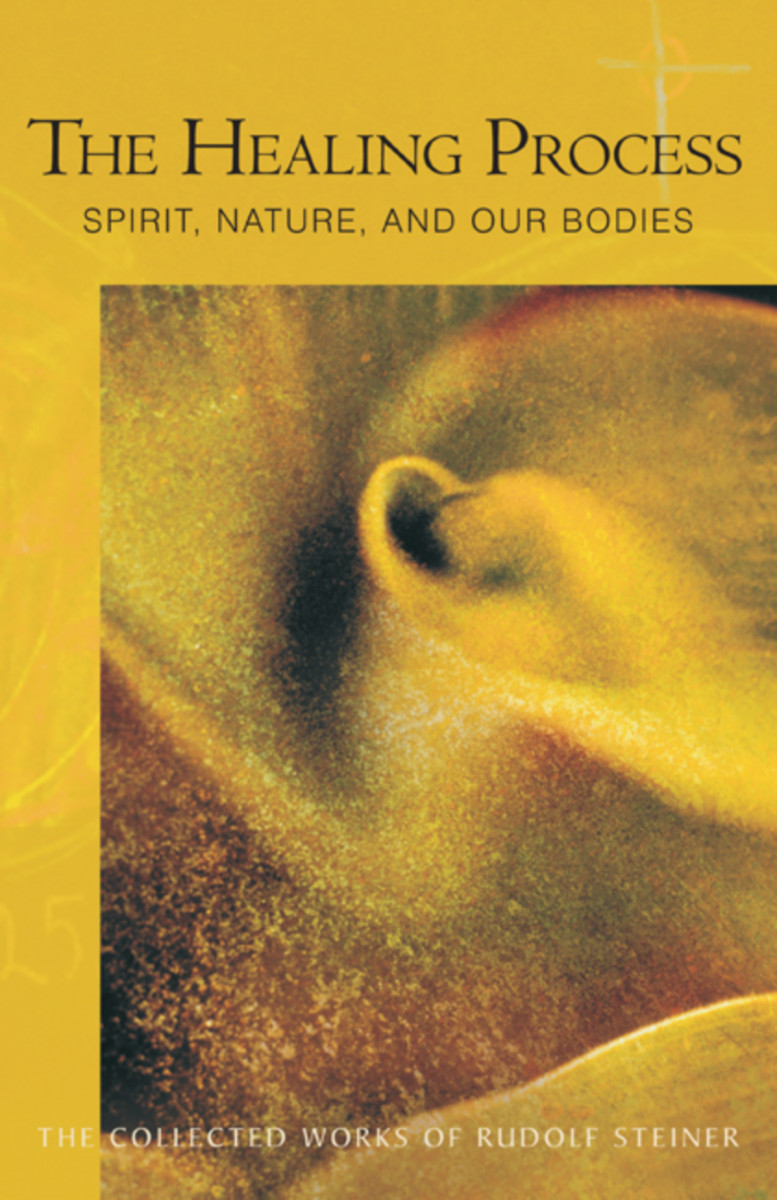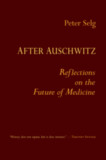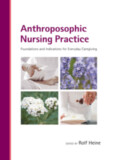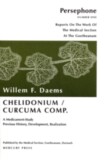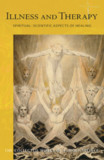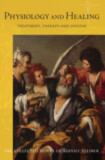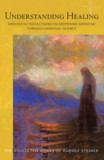The Healing Process
Spirit, Nature & Our Bodies (CW 319)
Foreword by Richard Leviton
Introduction by Christopher Bamford
Translated by Catherine E. Creeger
- Publisher
SteinerBooks - Published
20th October 2010 - ISBN 9780880106412
- Language English
- Pages 320 pp.
- Size 6" x 9"
11 lectures, Aug. 28, 1923–Aug. 29, 1924 (CW 319)
“The anthroposophical approach to medicine and healing has been waiting in the wings of conventional Western medicine for more than seventy-five years. Now with the burgeoning acceptance of alternative, natural medicine in North America, anthroposophical medicine may finally take its rightful place at center stage. Why? Because it offers something that both alternative and conventional models lack: a spiritual model of the human, encompassing states of health and illness.” (from the foreword)
Rudolf Steiner, a scientist by training, lectured and wrote, at different times on medical subjects and advised physicians on their work. His view of medicine was both unconventional and precise. He could describe—based on his highly developed powers of observation and his spiritual research—processes of health and disease that escape conventional methods of medical observation.
In all his lectures to doctors and in his explanations of anthroposophic medicine, Steiner emphasized that his medical concepts are not intended to replace conventional Western medicine, but to extend it; diagnosis and healing methods are expanded to include our soul and spirit.
In these broadly ranging talks, Steiner introduces fundamental principles of anthroposophically extended medicine. Some of the most remarkable insights that anthroposophy brings to medicine are contained in this volume. For example, Steiner points out that the heart is not a pump and that its motion is a consequence, not the cause, of rhythmic movements in human beings.
“[Rudolf Steiner’s] model of a spiritualized medicine could hold the key for the next growth phase in Western medicine, if it is to survive, flourish, and become consistently and deeply therapeutic instead of merely palliative.” (from the foreword)
Topics include:
• Health problems, such as hay fever, migraine, sclerosis, cancer, and childhood diseases
• The polarity between nerve and liver cells
• The functions of the spleen and the gallbladder
• The three basic systems: sensory–nervous, rhythmic, and metabolic–limb
• Regenerative and degenerative processes
• The true nature of the nervous system
• Suggestions for the use of minerals, plants, and artistic therapies
The Healing Process is a translation of Anthroposophische Menschenerkenntnis und Medizin (GA 319).
C O N T E N T S:
Introduction by Christopher Bamford
Foreword by Richard Leviton
1. Healing Methods Based on Spiritual Science
2. Diagnosis, Treatment, and the Production of Remedies Based on Spiritual Science 1
3. Diagnosis, Treatment, and the Production of Remedies Based on Spiritual Science 2
4. Anthroposophical Spiritual Science and Medical Knowledge
5. Medicine and Anthroposophical Insight into the Human Being 1
6. Medicine and Anthroposophical Insight into the Human Being 2
7. What the Art of Healing Can Gain from the Spiritual-Scientific Perspective 1
8. What the Art of Healing Can Gain from the Spiritual-Scientific Perspective 2
9. What the Art of Healing Can Gain from the Spiritual-Scientific Perspective 3
10. The Art of Healing from the Perspective of Spiritual Science 1
11. The Art of Healing from the Perspective of Spiritual Science 2
Rudolf Steiner’s Collected Works
Significant Events in the Life of Rudolf Steiner
Index
Rudolf Steiner
Rudolf Steiner (b. Rudolf Joseph Lorenz Steiner, 1861–1925) was born in the small village of Kraljevec, Austro-Hungarian Empire (now in Croatia), where he grew up. As a young man, he lived in Weimar and Berlin, where he became a well-published scientific, literary, and philosophical scholar, known especially for his work with Goethe’s scientific writings. Steiner termed his spiritual philosophy anthroposophy, meaning “wisdom of the human being.” As an exceptionally developed seer, he based his work on direct knowledge and perception of spiritual dimensions. He initiated a modern, universal “spiritual science” that is accessible to anyone willing to exercise clear and unbiased thinking. From his spiritual investigations, Steiner provided suggestions for the renewal of numerous activities, including education (general and for special needs), agriculture, medicine, economics, architecture, science, philosophy, Christianity, and the arts. There are currently thousands of schools, clinics, farms, and initiatives in other fields that involve practical work based on the principles Steiner developed. His many published works feature his research into the spiritual nature of human beings, the evolution of the world and humanity, and methods for personal development. He wrote some thirty books and delivered more than six thousand lectures throughout much of Europe. In 1924, Steiner founded the General Anthroposophical Society, which today has branches around the world.


